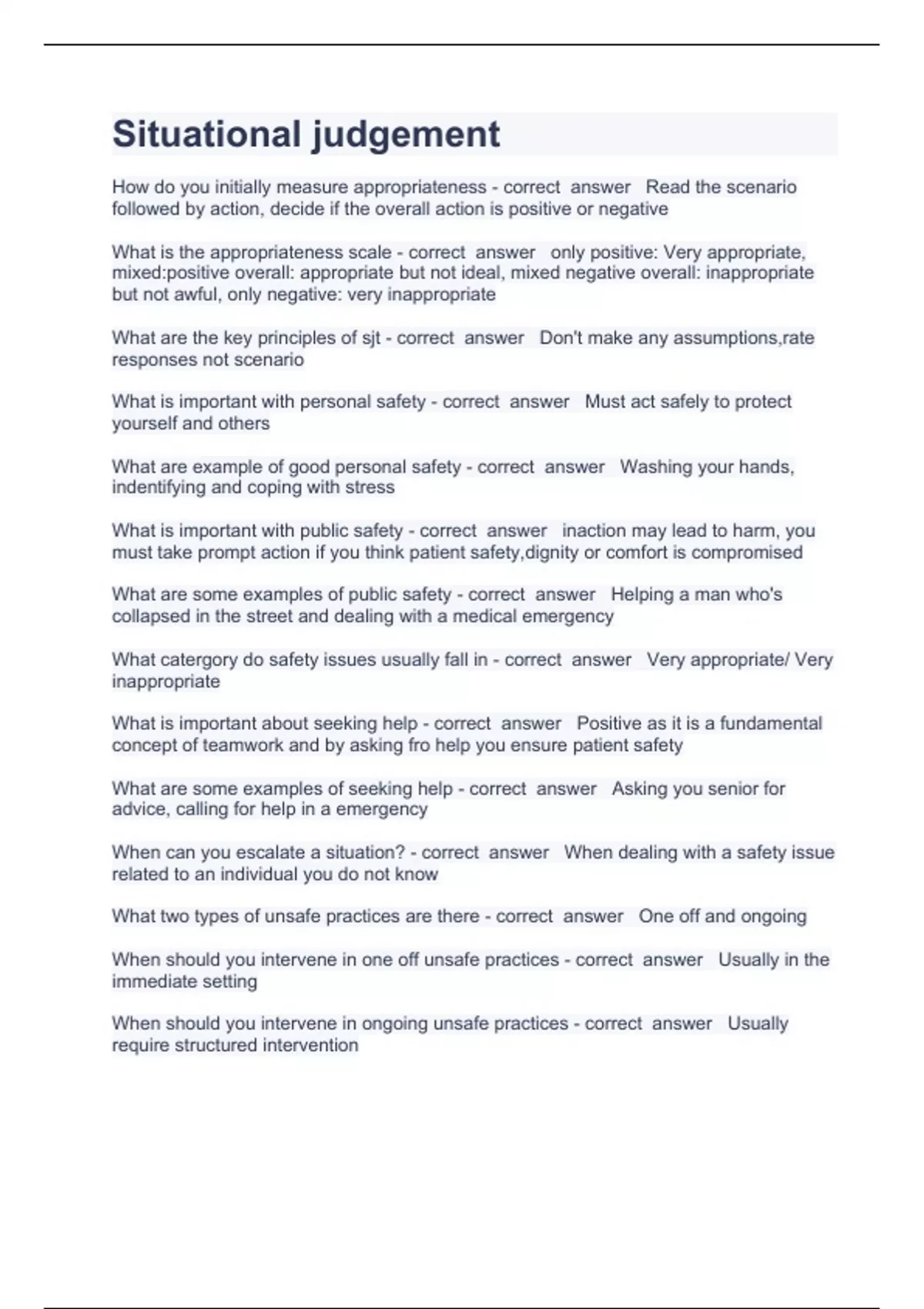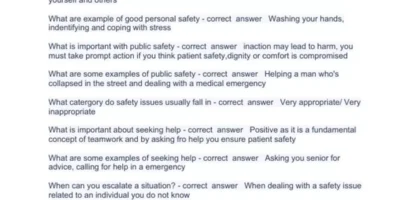Understanding the AFOQT Word Knowledge Subtest
The Air Force Officer Qualifying Test (AFOQT) is a standardized exam used to assess the abilities and aptitudes of candidates seeking to join the United States Air Force as officers. This exam is comprehensive and covers various subjects to evaluate different skills. One crucial component of the AFOQT is the Word Knowledge subtest.

The Role of the Word Knowledge Subtest
The Word Knowledge subtest measures your understanding of word meanings and your ability to recognize synonyms. It plays an integral part in determining your overall verbal abilities. Success in this section indicates a strong vocabulary, which is essential for effective communication—a key skill for any officer.

Structure of the Word Knowledge Subtest
The test consists of multiple-choice questions. Each question provides a word followed by four answer choices. Your task is to select the word that is most similar in meaning to the given word. This format tests both your vocabulary and your ability to deduce meanings from context. The questions vary in difficulty, challenging your breadth and depth of word knowledge.

Preparing for the Subtest
Preparation involves several key strategies. First, regular reading of diverse materials strengthens vocabulary naturally. Exposure to different contexts helps you understand how words function in various sentences. Next, using flashcards can help commit new words and meanings to memory. Online resources, including vocabulary apps, offer interactive ways to build and test your skills.

Tips for Improving Vocabulary
- Read regularly: Dive into books, articles, and journals.
- Use a dictionary: Look up unfamiliar words frequently.
- Play word games: Engage with games like Scrabble and crosswords.
- Keep a vocabulary journal: Note down new words and review them.
- Practice with AFOQT-focused materials: Use practice tests to get familiar with the question format.
Common Types of Words to Study
Concentrate on high-frequency words that often appear in exams. Focus on synonyms, antonyms, and homonyms. Understanding prefixes, suffixes, and root words can also reveal meanings. This knowledge helps with word determination even if the word is unfamiliar.

The Importance of Synonyms
Synonyms are a primary focus in the subtest. Knowing a range of synonyms can help you make quick and accurate decisions during the exam. This understanding not only aids in the test but is also beneficial for clear and precise communication.

Sample Practice Question
Consider sample questions to familiarize yourself with the format. For example:

- Word: Lament
- Choices:
- Celebrate
- Mourn
- Rejoice
- Ignore
The correct answer is Mourn.

Improving Test Performance
Regular practice with timed quizzes can improve your speed and accuracy. Online resources offer numerous practice tests that simulate the actual AFOQT environment. Reviewing practice tests helps identify weak areas, allowing targeted studying.

Using Context Clues
When unsure about a word’s meaning, derive clues from context. Understanding how a word fits within a sentence or paragraph can give hints about its meaning. This skill is invaluable for both the AFOQT and real-world reading comprehension.

Resources for Study
- Online Word Knowledge Practice Tests: Websites offering AFOQT practice tests can be invaluable.
- Mobile Apps: Apps for vocabulary building provide daily exercises.
- Books: Study guides specifically focused on the AFOQT.
Final Study Recommendations
Consistent practice and exposure to a broad vocabulary are key. Allocate time daily to enhance your vocabulary skills. Try incorporating new words into conversation. Tracking progress can also gauge improvement and keep you motivated.

Recommended Drone Gear
ASA Remote Pilot Test Prep – $19.95
Complete prep for the FAA Part 107 exam.

Drone Pilot Log Book – $7.99
Track your flights and maintain compliance.

As an Amazon Associate, we earn from qualifying purchases.




